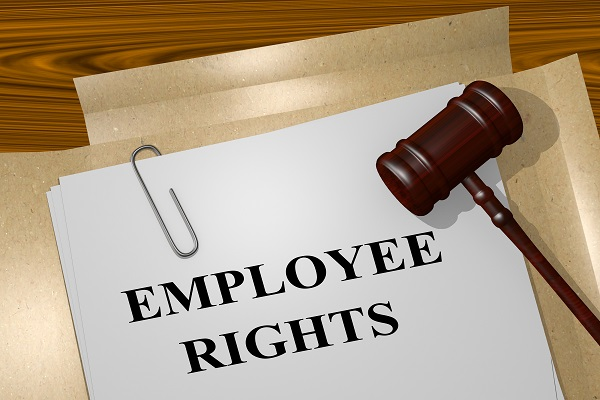
The California Labor Code governs California labor law. Exempt employees are typically not entitled to the federal minimum wage and overtime provisions of the Fair Labor Standards Act. Still, they must be paid at least twice the regular rate for all hours worked in a workweek in addition to receiving time-and-half pay for any hours worked over twelve.
What is an Exempt Employee?
An exempt employee is an employee who is not entitled to overtime pay or other protections under California labor laws. Exempt employees are typically high-level executives or professionals, such as doctors or lawyers.
Exempt status is determined by an employee’s job duties and salary, not by their position within the company. For example, a salaried managerial employee may be exempt if their job duties meet the requirements of an executive exemption. Still, an hourly worker who performs the same job duties would not be exempt.
What Are the Requirements to Be Exempt?
An employee must meet certain requirements to be exempt from California labor laws. These requirements include:
- Being paid a salary of at least $58,240 per year ($1,120 per week) in a company with 25 or fewer employees. In companies with 26 or more employees, the employee must earn 62, 400 per year ($1,200 per week);
- Performing executive, administrative, or professional duties as defined by the Fair Labor Standards Act (FLSA); and
- Being employed full-time – defined as working at least 40 hours per week.
If an employee does not meet all of these requirements, they may still be exempt if paid on a commission basis or perform highly compensated work as defined by the FLSA.
How Do I Know if I Am an Exempt Employee or Not?
You first need to look at your job duties and see if they match up with any of the exempt categories under California labor laws. If your job duties don’t fall into one of these categories, then you are likely non-exempt.
California has four main categories of California labor laws for exempt employees, including executive, administrative, professional, and outside sales. To qualify as exempt under one of these categories, employees must meet specific requirements regarding their job duties and be paid on a salary basis.
Let’s take a closer look at each category:
- Executive Employees: To qualify as an exempt executive employee, you must manage the enterprise or a department or subdivision of the enterprise; regularly direct the work of two or more other full-time employees or their equivalent; have the authority to hire or fire other employees, and customarily and regularly exercise discretion and independent judgment.
- Administrative Employees: To qualify as an exempt administrative employee, you must perform office or non-manual work directly related to management policies or general business operations of your employer or your employer’s customers; perform substantial supervisory or control work over the work of other employees; have authority to make decisions that impact the business operation of your employer in a significant way; and exercise discretion and independent judgment regularly.
- Professional Employees: To qualify as exempt, you must perform work requiring advanced knowledge in a field of science or learning that is custom.
In California, employees exempt from overtime pay must meet certain criteria. If you are unsure if you are exempt from overtime pay, talk to your employer or an experienced employment lawyer.